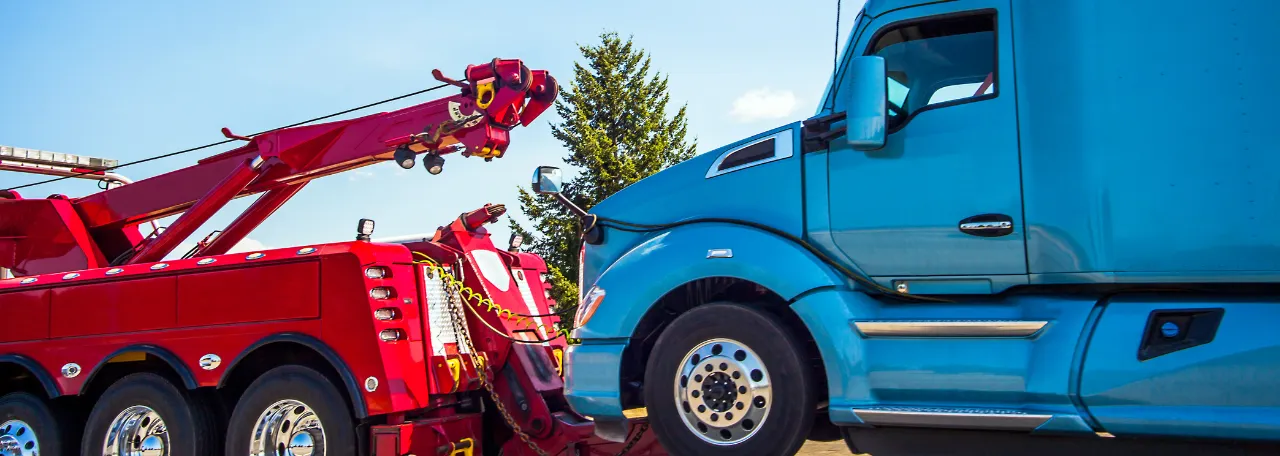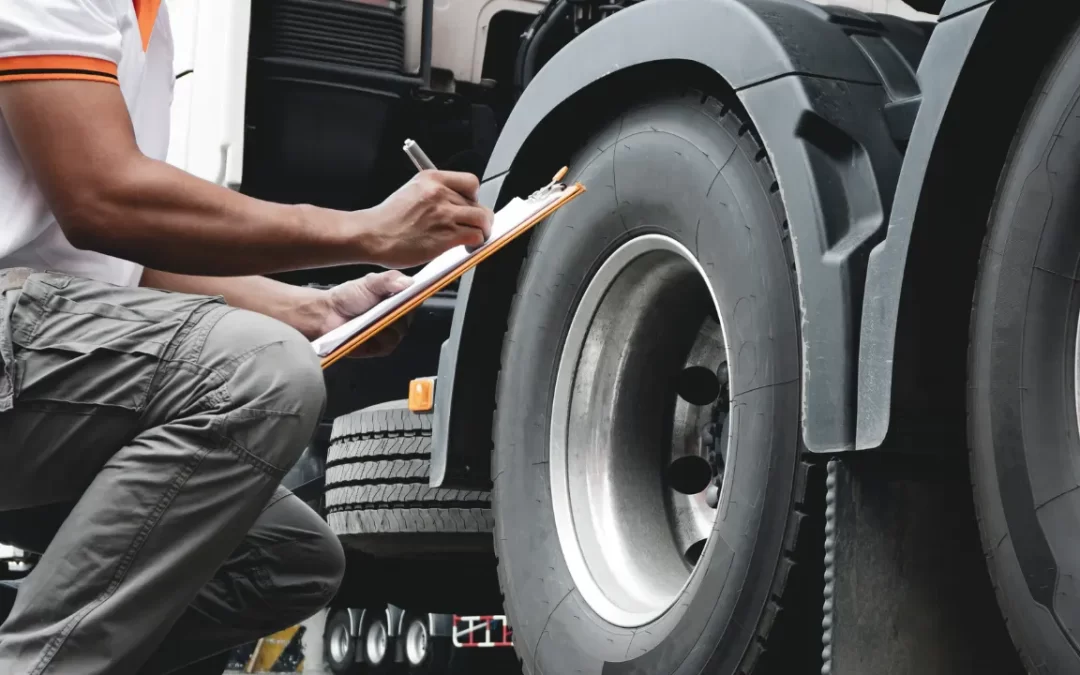Why is a Pre-Trip Inspection so Important?

For Your Safety
FMCSA Regulation
Avoid Breakdowns on the Road
Unexpected breakdowns can be a nightmare for truck drivers and fleet managers. A well-conducted pre-trip inspection can help identify issues that might cause breakdowns. By catching these problems early, you can address them before they escalate, ensuring that your truck stays on the road. This is particularly important for companies like Straight Shot Express, which specialize in time-critical routes. Any delay due to a breakdown can lead to missed deadlines and dissatisfied customers.Reduce Costs
While it might seem like a hassle, conducting regular pre-trip inspections can save you money in the long run. Small issues, when left unchecked, can turn into costly repairs. For example, a simple tire check can prevent a blowout, which could cause significant damage to your vehicle. Regularly inspecting your truck’s fluid levels can also prevent engine seizures, which are expensive to repair. In the competitive world of trucking, saving money on maintenance can give you a significant edge.Mitigates Liability
While it might seem like a hassle, conducting regular pre-trip inspections can save you money in the long run. In the unfortunate event of an accident, having a documented pre-trip inspection can help reduce liability. If your truck is involved in a collision and it is discovered that a pre-trip inspection was not conducted, you could be held liable for any damages or injuries. On the other hand, if you can show that you followed all safety protocols, it can serve as a defense in legal proceedings. This is crucial for fleet managers who are responsible for multiple vehicles and drivers.How to Perform a Pre-Trip Truck Inspection

Start in the Front
Start with the engine and the front of the truck. Check the oil, coolant, and other fluid levels. Look for any leaks or signs of wear and tear. Inspect the belts and hoses for cracks or fraying. Ensure that the battery terminals are clean and secure. Don’t forget to check the headlights, turn signals, and hazard lights. These are crucial for visibility and communication on the road.Check the Side and Rear
Next, move to the side and rear of the truck. Inspect the tires for proper inflation and tread depth. Look for any signs of damage or uneven wear. Check the side mirrors and rearview mirror for clarity and adjustability. Ensure that the doors and windows open and close properly. Inspect the brake lights, taillights, and reflectors to make sure they are working correctly. Secure any loose cargo to prevent it from shifting during transit.Coupling Device
The coupling device is the mechanism that connects the truck to the trailer. Inspect the kingpin, fifth wheel, and locking jaws for wear and proper alignment. Ensure that the air lines and electrical connections are secure and free from damage. Check the trailer hitch and safety chains for signs of wear and proper attachment. A faulty coupling device can lead to trailer detachment, which is extremely dangerous.Cab Check and Engine Start
Once you’ve inspected the exterior, it’s time to check the cab and start the engine. Ensure that the dashboard controls—such as the air conditioning, heating, and defrost system—are working correctly. Check the gauges for accurate readings. Start the engine and listen for any unusual noises. Pay attention to the feel of the steering wheel, brakes, and accelerator. Make sure that the horn and windshield wipers are functional.Brake Check
Brakes are one of the most critical components of your truck. Conduct a thorough brake check by inspecting the brake pads, rotors, and drums for wear. Test the air brake system for leaks and pressure drops. Ensure that the parking brake holds the truck in place. Conduct a service brake test by moving the truck forward and applying the brakes to check for responsiveness and stability.Safety Equipment Check
Lastly, check all safety equipment. Ensure that you have a fully stocked first aid kit, fire extinguisher, and emergency triangles. Inspect the seat belts for proper functionality. Check that the emergency exit windows and doors are accessible and free from obstructions. Having the right safety equipment can make all the difference in an emergency.
Stay Consistent
Be sure to perform your pre-trip inspection the same way every time. Maintaining a consistent order to your inspection will help ensure that you do not forget any steps in your process.Pre-trip truck inspections are more than just a regulatory requirement—they are essential for safety, efficiency, and cost savings. By conducting thorough inspections, you can prevent accidents, avoid legal issues, and keep your truck on the road. For companies like Straight Shot Express, where timely deliveries are crucial, these inspections are invaluable. Remember, a well-maintained truck is a reliable truck. Take the time to perform your pre-trip inspections diligently, and you’ll reap the benefits in the long run.
Implement these steps in your daily routine and ensure that your journeys are safe and smooth. For personalized advice and further resources, don’t hesitate to reach out to our team of experts. Your safety and success are our top priorities.
Looking for safe and reliable Expedited Freight Services?
Give Straight Shot Express a call today at (920) 722-0956.

